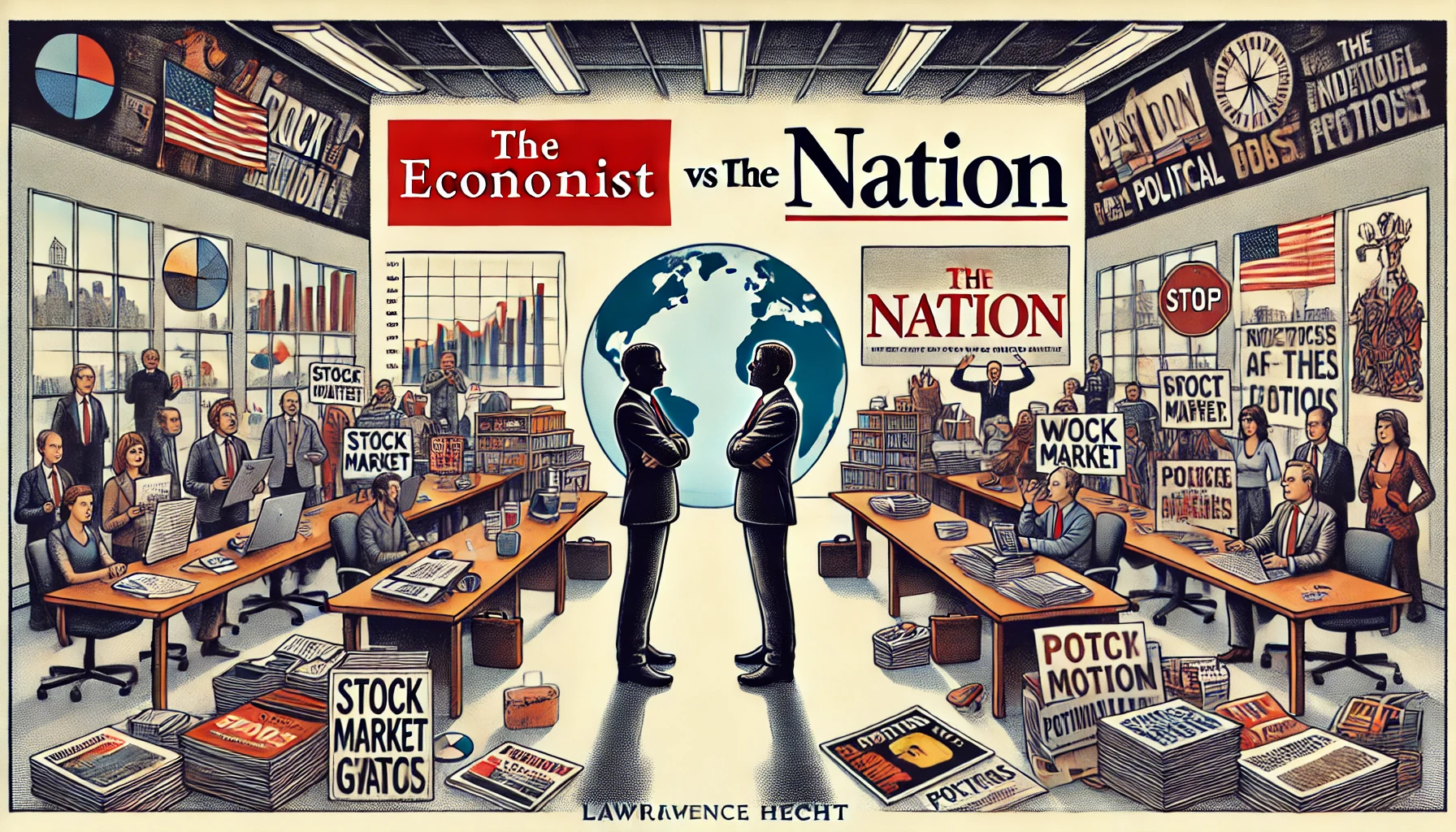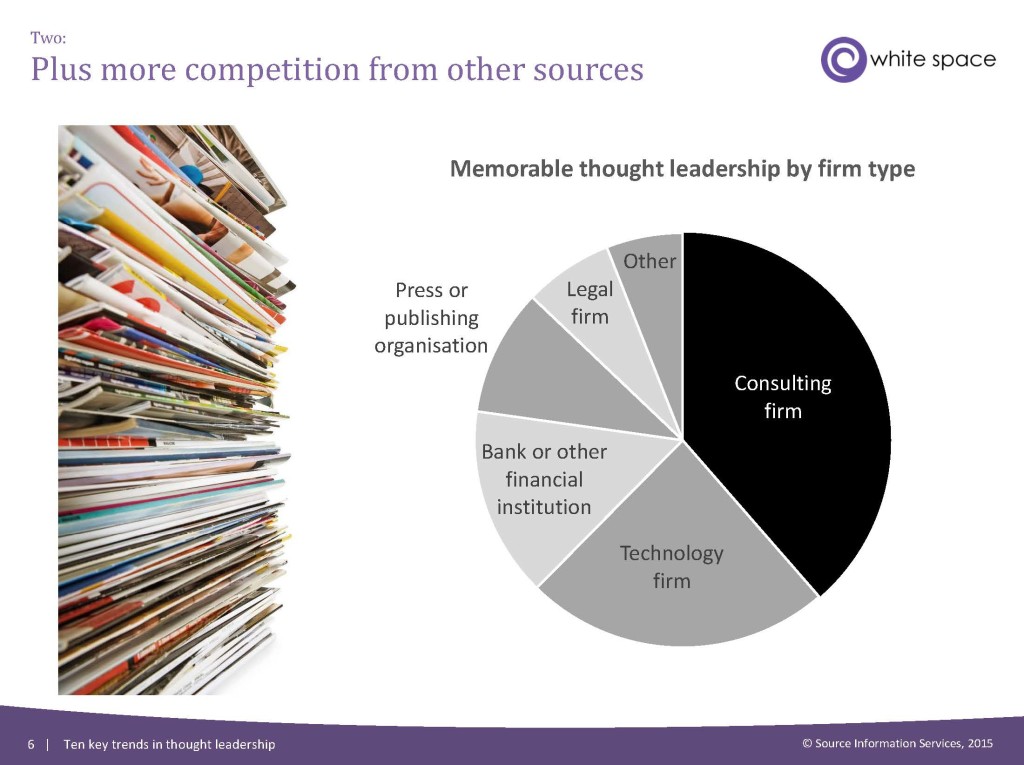With a red Economist banner on the right and a blue Nation banner on the left, a packed auditorium heard a debate about the future of outsourcing. Both sides claimed the moral high ground and to be thinking about the best interests of both the middle class in the U.S. and the poor masses in the developing world.
Ha! While many of their arguments had merit, I could not forget that the presenters were elitists talking to the privileged about how they were going to be a little less rich due to the outsourcing phenomenon.
Speaking for The Nation, Naderite Lori Wallach invoked self-interested anger and said that globalization and outsourcing hurt America by sending high paying jobs overseas to “third-world” countries.
A few minutes later Wallach seemed to contradict herself by calling for changes in the WTO and other global trading rules that help the West at the expense of the developing countries. There are only two ways to explain this inconsistency. One argument would be that globalization is inherently bad. Except for cultural purists, like say al Qaeda, no one publicly supports this position. Wallach put forward a second explanation. She believes that Big Business and multi-nationals rape the system for profits at the expense of everybody else.
The Economist’s Clive Crooks argued that outsourcing lifts up the developing world’s standard of living. Crooks also propounded the basic economic belief that outsourcing reduces the costs of goods for consumers. However, he had little to say about its depressing affect on European and American wages. That said, he made a convincing case that technology and progress destroys many more jobs and creates much more pressure on earning power than globalization ever could.
Unfortunately, neither the Right nor the Left adequately addressed the undeniable fact that there is rising inequality within the domestic and international economy. The Left complains about it, while the Right accepts inequality based on the belief that wealth will “trickle down” to everyone else.
The other undeniable reality is that the U.S. has no where to go but down. Wage stagnation is real. High-wage jobs are being replaced by low-wage, low-skill jobs. To this I say, “What’s the big deal?” While a living wage, 40-work weeks and job security are great, are they really inalienable rights? Are we really that bad off?
As a side note, I am glad that twelve years ago Bill Clinton picked Robert Reich to run the Labor Department, in part because of his best-selling Work of Nations. The book advocated efforts to facilitate corporate, personal and government investment in human capital.
BTW: WNYC’s Brian Lehrer moderated the event. It was held at the New York Society of Ethical Culture. The Economist’s Ben Edwards and The Nation’s William Greider were also panelists.



